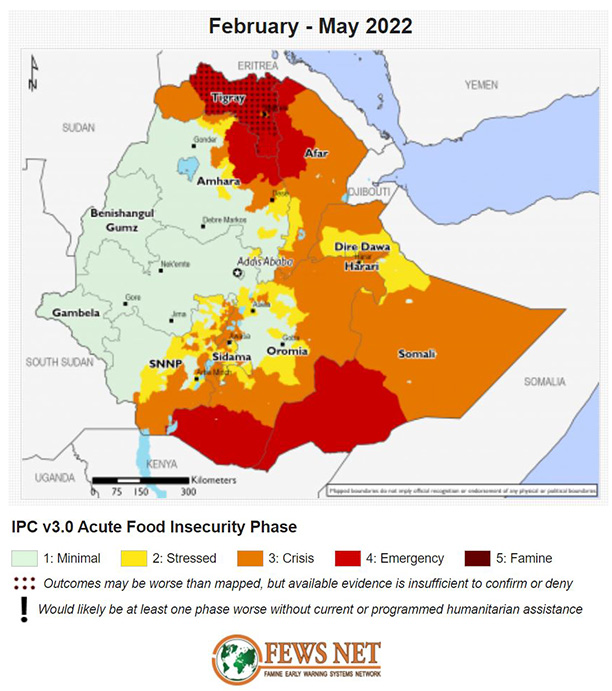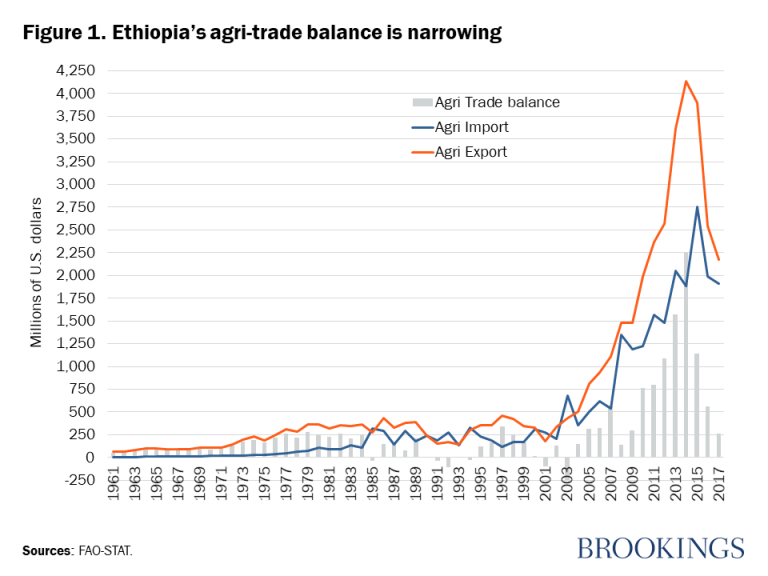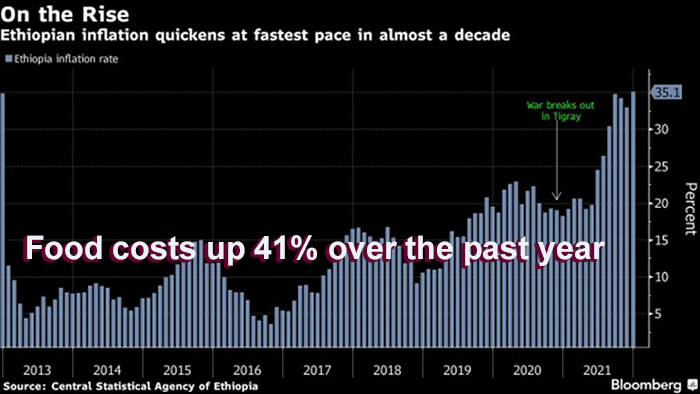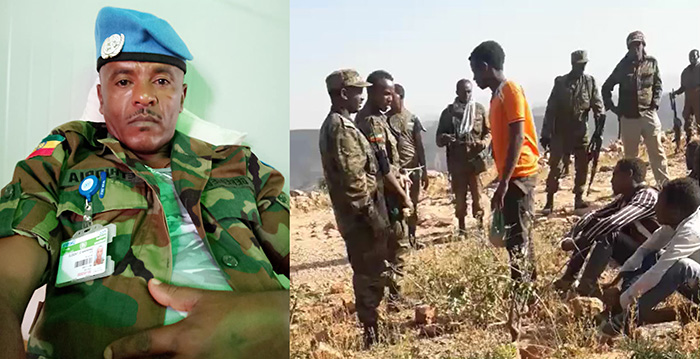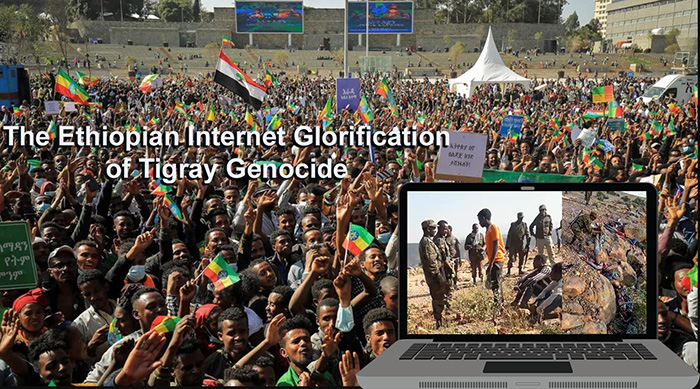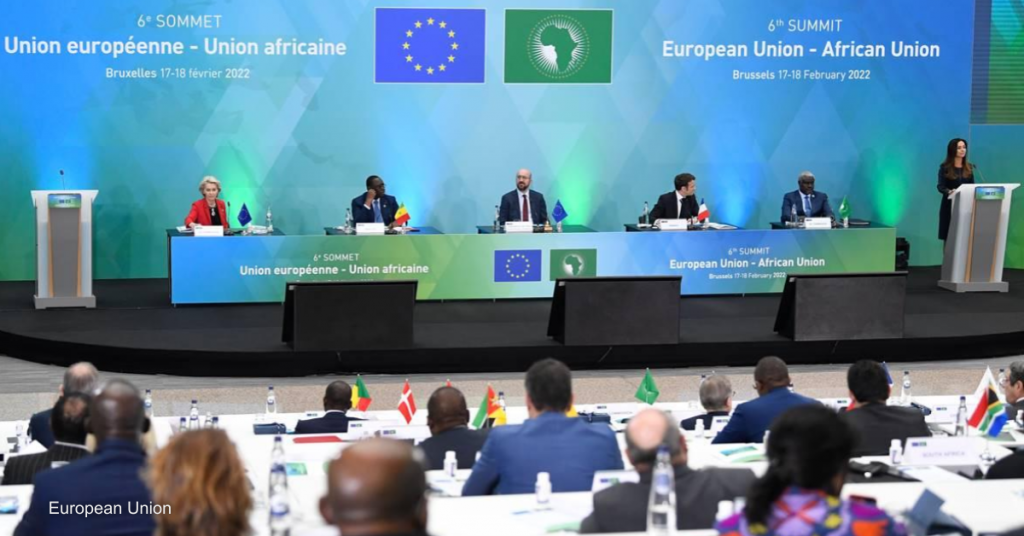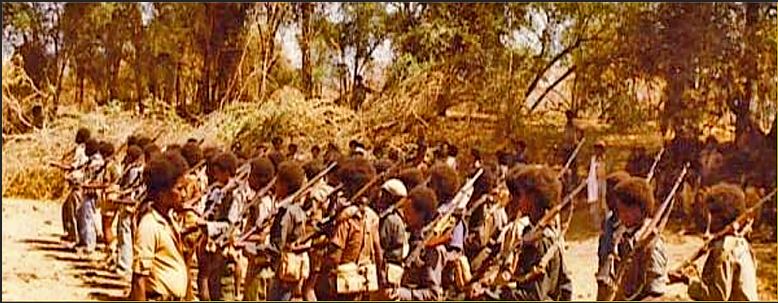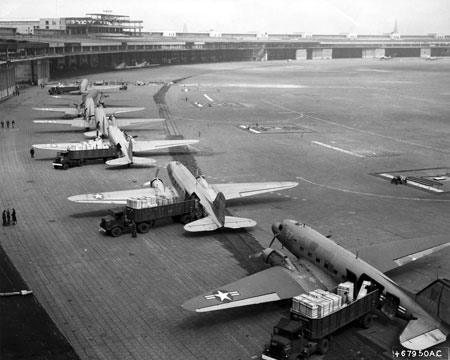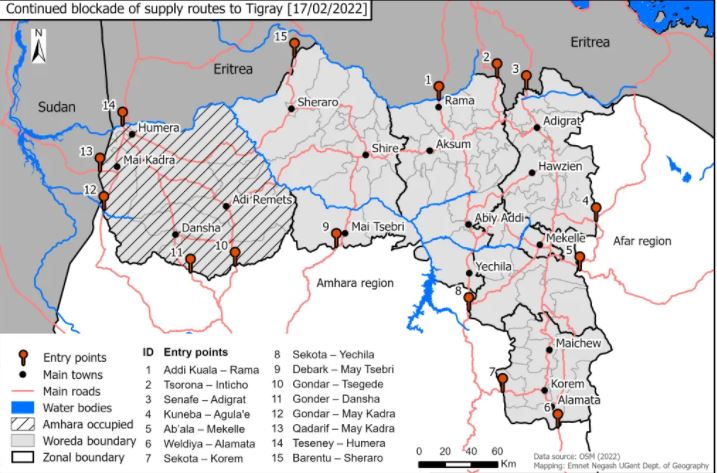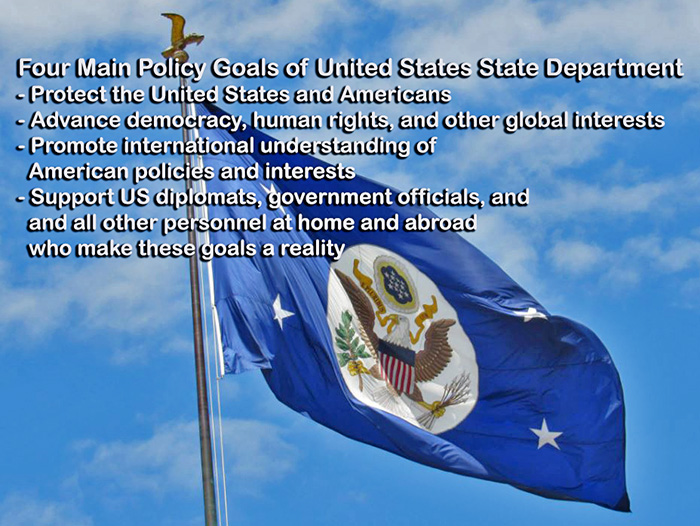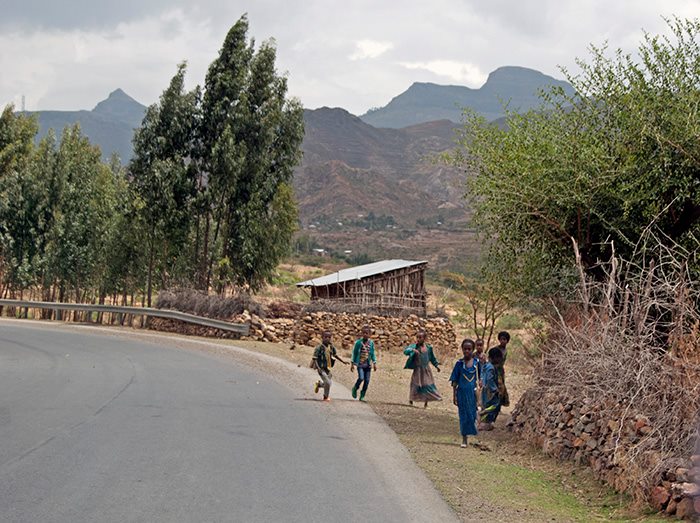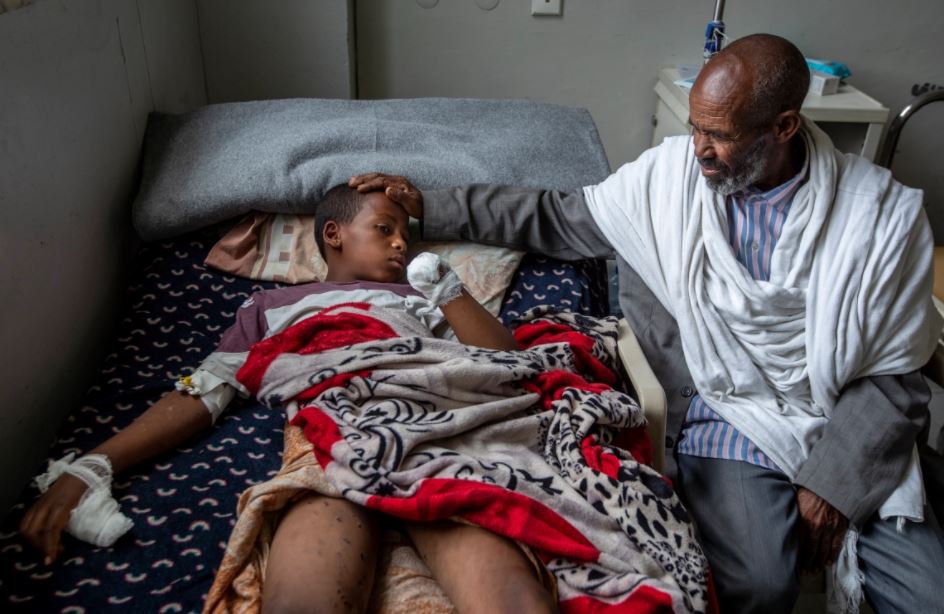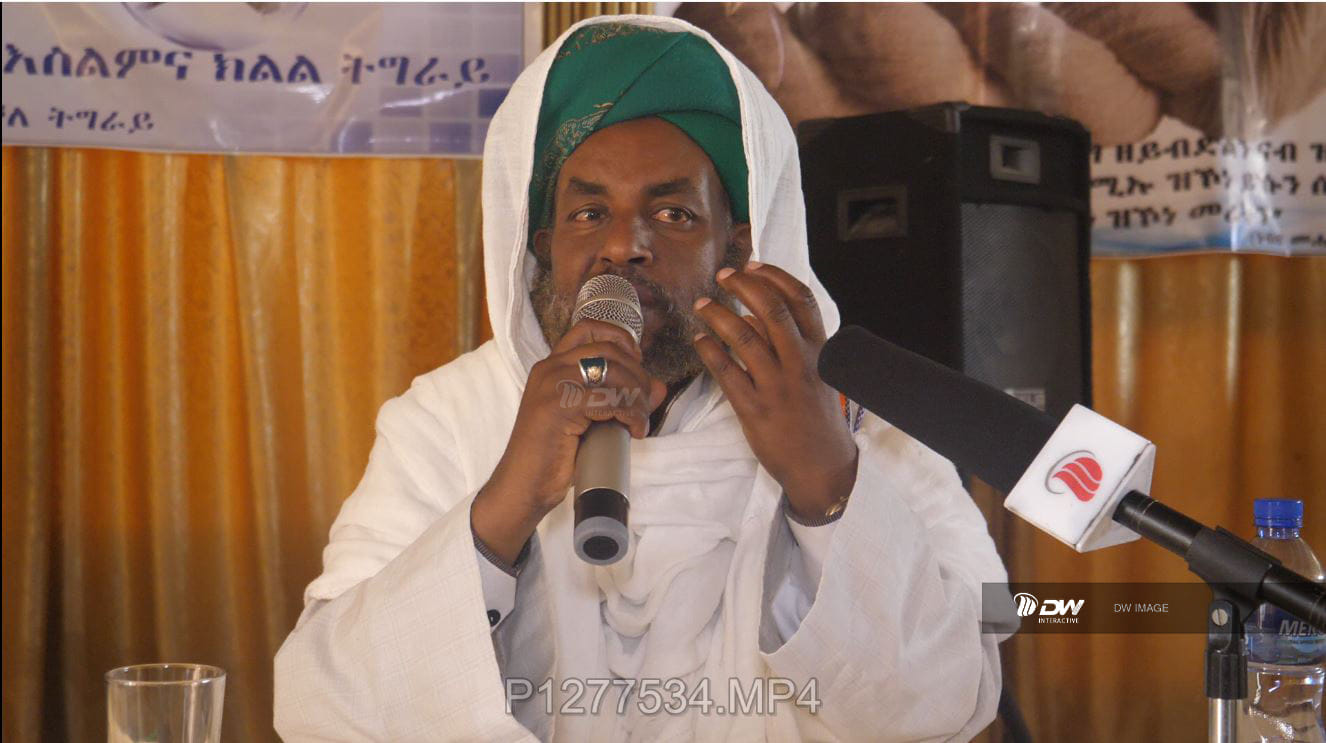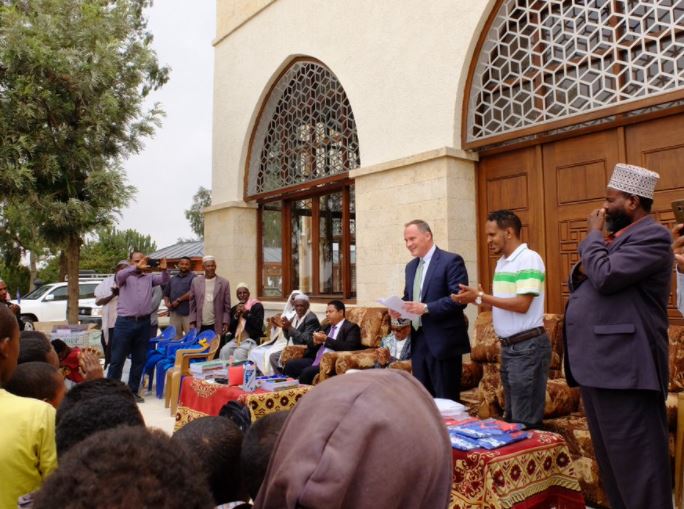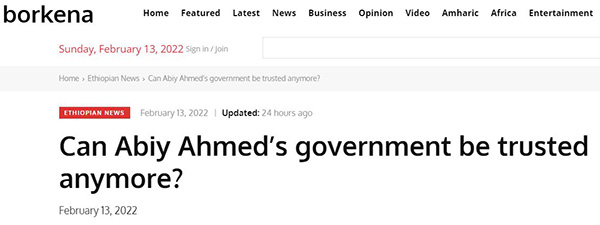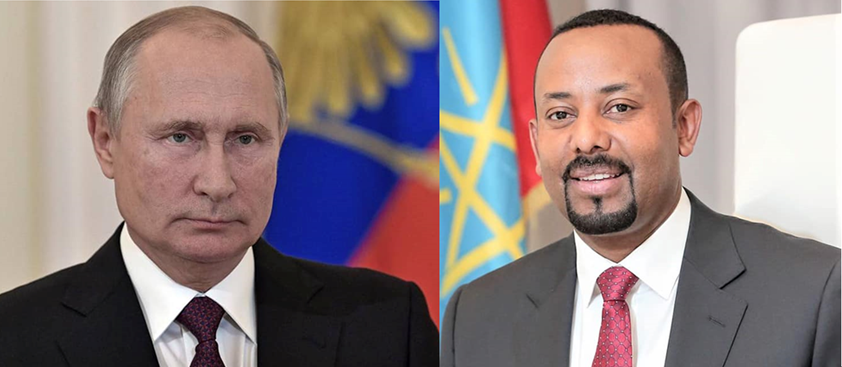
The impending invasion of Ukraine by the totalitarian Russian regime and Ethiopian invasion of Tigray assisted by Eritrea and the United Arab Emirates are connected. One might characterize the past year of global strife as the “Year of the Bully”. The Abrahamic faiths jointly believe that man has a covenant with his Creator to follow the concept of love for his brother as the guiding principle of interaction between individuals and nations.
Yet what we have seen over the past year is a growing dangerous indifference to aggression with the intent of domination of one group over another for wealth, power, or revenge. In Ethiopia and the Horn of Africa thousands have died, been abused, or deprived. Millions are displaced and starving. Where there was once a growing economy and a chance to climb out of the caverns of poverty now has been replaced for unpayable war debt and chaos. Similarly in Europe after 75 years of relative peace Russia feeling emboldened by the weakness of the world diplomatic community to selfish aggressive actions of one group over another such as in Ethiopia has decided that war in Ukraine is reasonable.
The Apostle St. Paul discussed the dual nature of man. That he had a dual nature-one beastly driven by concern only for one self and one spiritual committed ideally to peaceful co-existence under guidance from God. These were based upon the Ten Commandments given to the Hebrew Moses. These said peaceful coexistence is the best way for all. Salvation can only come from seeking peace. The Qur’an discussed the need to have faith and live a moral life. Martin Niemöller was a German Lutheran pastor and theologian who initially supported Hitler’s Nazi movement but then realized the dangers. In the aftermath of World War II his poem describing how dangerous it is when we ignore the oppression and suffering of our fellow man.
First they came for the socialists, and I did not speak out—
Because I was not a socialist.Then they came for the trade unionists, and I did not speak out—
Because I was not a trade unionist.Then they came for the Jews, and I did not speak out—
Because I was not a Jew.Then they came for me—and there was no one left to speak for me.


